Adelaide Zoo is pleased to announce yet another breeding achievement, a Serval kitten.
Born to mum, Kali and dad, Maji on 12 April, the little one is the parents’ second litter to be born at Adelaide Zoo.
Yesterday afternoon the young kitten received its first health check where its nine week vaccinations were administered, a full body examination was performed and was sexed as a male.
The young, healthy kitten who weighs just 1.3 kilograms has been spending his time in a private den, being tended to by his mum Kali since birth.
Carnivore Keeper, Arliah Hayward says that motherhood comes naturally to Kali.
“She has excellent instincts as a mum. She is very protective over him and is doing a great job feeding and cleaning him,” Arliah says.
“As Kali does such a good job, we really leave all the mothering up to her, and apply a hands-off approach to rearing him. We have video cameras set up in their den which shows both mum and son bonding by snuggling up close at night and often playing chasey around their home.
“Other than being extremely cute and a very good looking little Serval, our young male is also showing off some of his wildcat behaviours like flashing his kitten-teeth and exploring his new habitat.
“In the wild, Serval males do not play a role in caring for their kittens, so Maji is housed separately to mum and bub. He does however seem to be quite inquisitive about his kitten and spends time watching him through the mesh with the little one running over to say hi occasionally.”
Adult Servals have a small head in relation to the body, and tall, oval ears set close together. They also have the longest legs of all cats (relative to body size). These help to perform a precise vertical hop, and a horizontal leap which can reach more than six metres from a stationary position.
Servals possess remarkable problem-solving ability, and are highly intelligent and mischievous creatures.
Native to the savannahs of Africa, Servals are protected in many countries as their numbers have dwindled due to habitat destruction and fur hunting.








